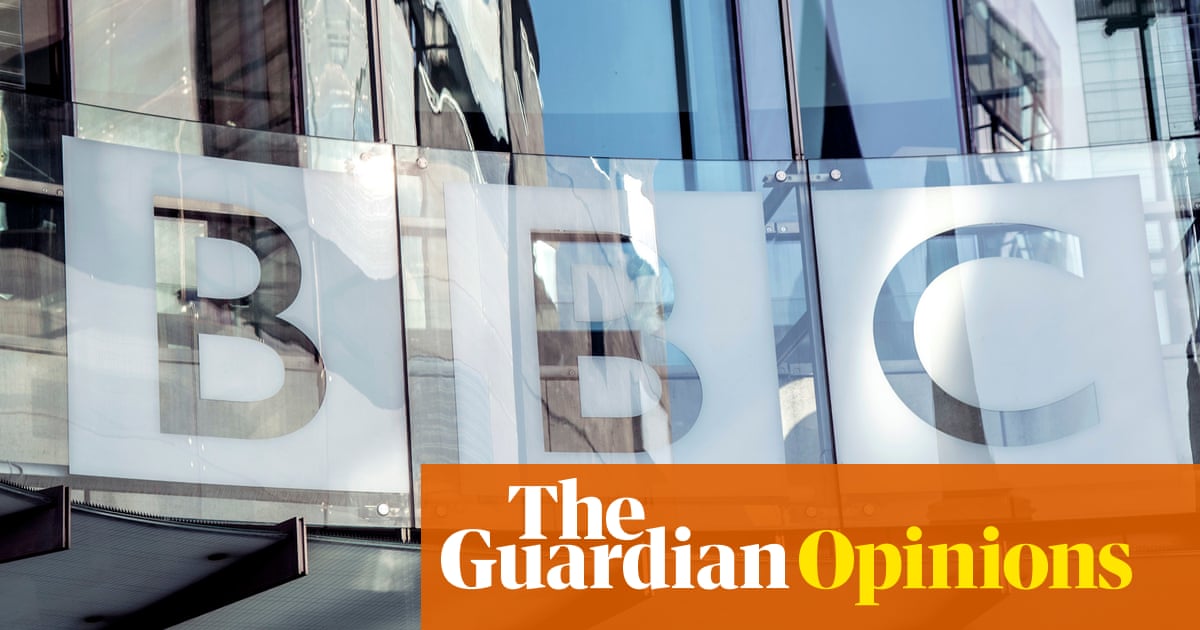Two years ago,BBCArabic radio left the airwaves after decades. Soon afterwards, Russia’s Sputnik service began broadcasting on the frequency left vacant in Lebanon. That detail illuminates a larger picture. China, Russia and others see global-facing media as central to their global ambitions and are investing accordingly – pumping out propaganda to muddle or drown out objective, independently minded journalism. These outlets are state-controlled as well as state-owned.
Meanwhile, conspiracy theories and disinformation proliferate online,attacks on press freedom intensifyand the Trump administration isdismantling media organisationsincluding Voice of America and Radio Free Asia (RFA), which have been essential sources of information for audiences under repressive regimes. Official Chinese mediawere gleefulat what RFA’s president, Bay Fang, called “a reward to dictators and despots”.
The BBC World Service, and its accurate reporting borne of deep knowledge of places, has rarely been needed more. At its best it is a beacon of truth in times of war and crisis, as well aslife-transforming for listenersin a myriad less dramatic ways. Yet it is already scrabbling to compete with lavishly funded foreign rivals for both audiences and resources. The government boosted its contribution for 2025-26, but is now asking the BBC toidentify tens of millions of pounds’ worth of cutsover the next few years. Since 2014, the World Service has been primarily funded by the licence fee. But the government contribution is mostly funded from official development assistance, which Sir Keir Starmeris slashingto increase defence spending. Even an alternative budget, with funding remaining flat in cash terms, would make deep cuts inevitable when global inflation is running at well over 4%.
The World Service faces tricky decisions too. Most future users are unlikely to come via radio, but shortwave services remain central in some areas and can reach listeners even when internet access is cut. The decision to axe Arabic radio services looked all the more ill-judged in light of wars in Gaza andSudan. Bosses are struggling to balance the competing demands to constrain spending, ensure reach and maintain standards of quality and depth. One current pilot is alow-budget model in Polish, which will mostly repurpose existing BBC journalism.
In the long run, the BBC argues that the governmentshould fully resumeWorld Service funding. That sounds more like a negotiating position than a serious prospect. What is absolutely clear is that it needs more money to compete, not less, and a long-term settlement. Its authority depends on the capacity and institutional memory it has established, and the fact that it is not seen to respond to the imperatives of the government of the day: it represents national values, not a politician’s fiat. Those are all imperilled when it must battle over money year by year. Once weakened, it will not easily recover.
Research conducted for the BBC found it to be the UK’s most recognised cultural export internationally – ahead of the Premier League and British universities. Its hundreds of millions of usersare more likely to favour the UK, as well as more likely to support democracy. The World Service is a precious and irreplaceable asset. The former UN secretary general Kofi Annanonce described itas “perhaps Britain’s greatest gift to the world” in the 20th century. But the giver enjoys rich returns, and would be foolish to squander them.
Do you have an opinion on the issues raised in this article? If you would like to submit a response of up to 300 words by email to be considered for publication in ourletterssection, pleaseclick here.
